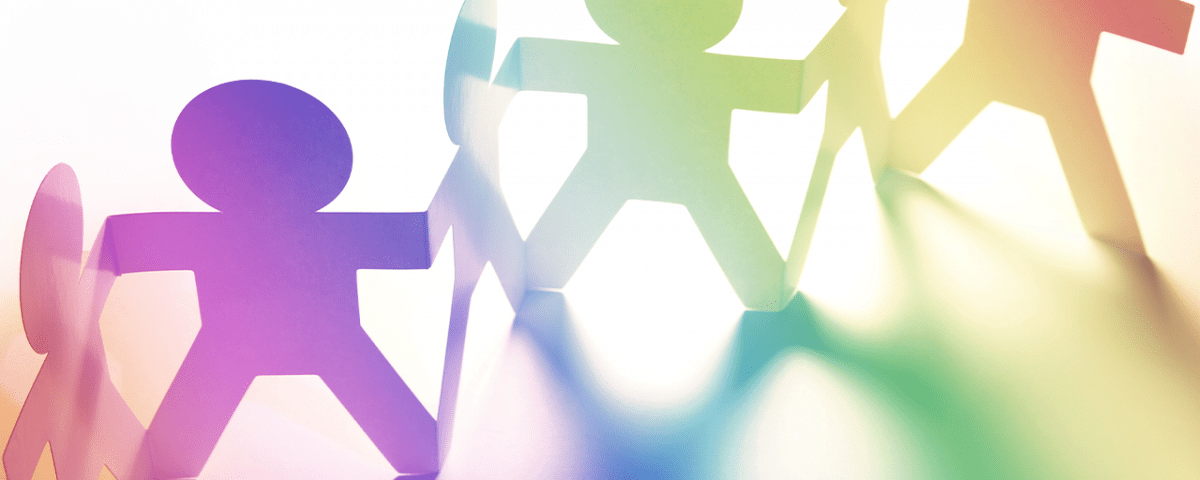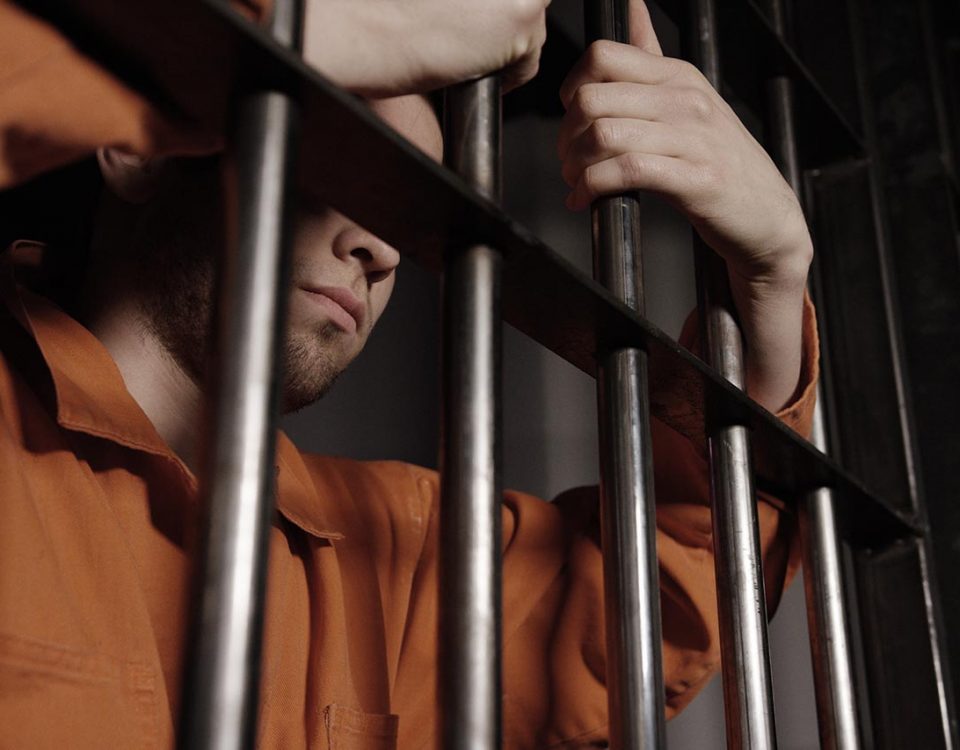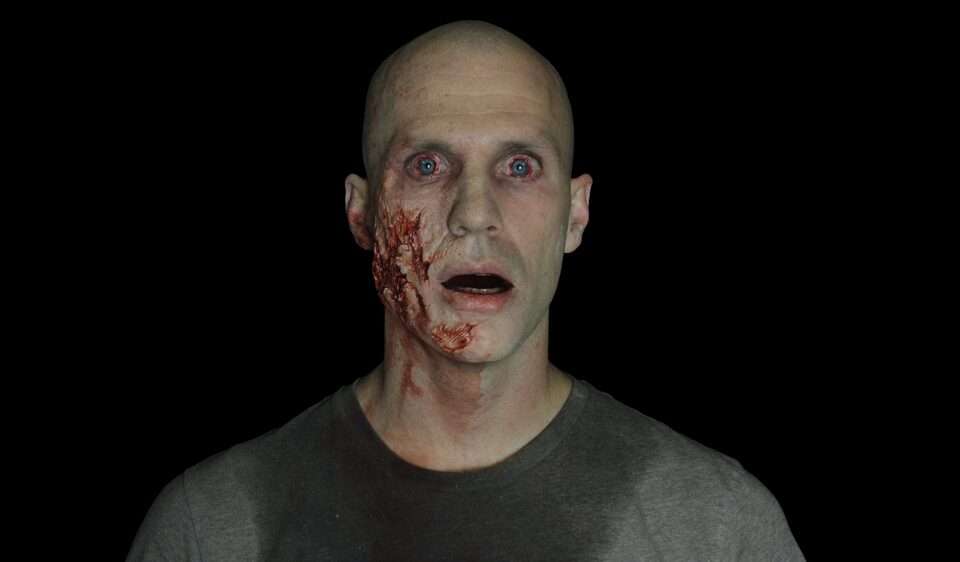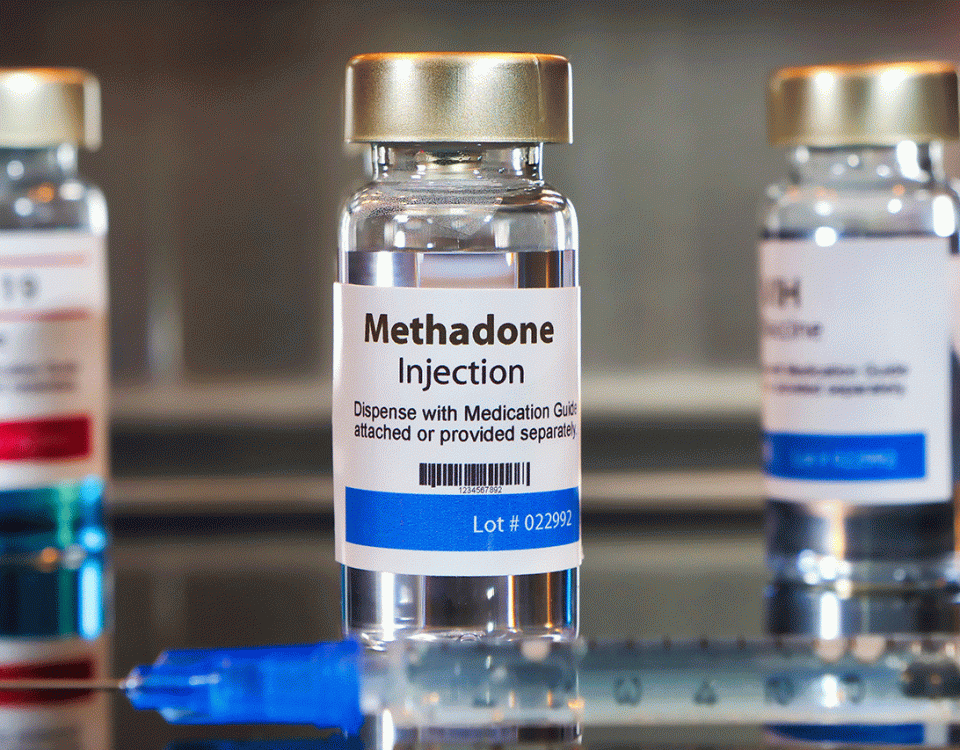Meth in the Gay Community
You may have heard of methamphetamine being called names like meth, crystal, crank, speed, or ice. Meth is a stimulant that speeds up the body’s system and often comes in a crystal-like powder form, although it can also be consumed in pill form. The drug is highly addictive and causes severely concerning side effects besides increasing blood pressure, paranoia, and convulsions. Meth in the gay community is a significant dilemma that has caused deaths to skyrocket in the community and among meth users.
Why the LGBTQIA+ Community?
Reports of addiction and overdose increased significantly in the late 1900s among the gay community. This was mainly due to gay men in New York using the substance as an aphrodisiac which acts as a stimulant to heighten sexual desires and experiences. Among all ages in the community, people are quickly hooked on the addictive properties and effects of the drug.
After consumption, the stimulant releases dopamine or the reward chemical norepinephrine. As a result, euphoric feelings, more energy, and an increased libido keep users returning for more. Depending on tolerance, the high can last up to 12 hours. However, depressive episodes, extreme irritability, and exhaustion follow the comedown of the drug.
Meth use in the gay community stems from the desire to feel happy and combat intrusive thoughts by using meth as a coping mechanism, primarily for sex. “Meth sex” in the community is rampant. Sex parties, especially in Miami, Florida, and states like New York and California, will invite many people from the community where exotic sex acts are performed. These parties will often last for three days or longer.
For these reasons, HIV and STDs are ubiquitous in the LGBTQIA+ community. Besides meth being considered the main party drug and used to promote completing sexual fantasies, other reasons for meth use and addiction include:
- Pressure to feel included in the gay community
- Distraction from feeling neglected by society
- Self-medicating from underlying issues or trauma
- Experimentation
If a person is feeling the adverse effects of the drug or showing signs of substance abuse, then meth addiction treatment is highly advised to avoid long-term health complications, strokes, or death. A gay meth addict will also be able to learn how to manage emotions and get to the root of the problem with treatment through unique therapeutic methods like SMART recovery training.
How Can You Help?
In the meth gay community, if a loved one or a friend is addicted, then be sure to do your research before approaching the person. Although a user may be easily aggravated and irritable, it’s crucial to stay compassionate and not sound judgmental. Instead, listen to the person but express the urgency of recovering from the harmful substance.
Staging an intervention is an effective way to handle the situation and possibly save a life. Speak with a professional, and they will explain to you how the process works. You can write a letter and read it to the user, expressing your love and concern. Establish boundaries and understand that if the person does not seek help, you must protect your overall well-being.
Recovery at Our LGBTQ Meth Rehab Center in Southern California
During Banyan’s LGBTQIA+ meth detox program, our trained medical staff prepares a clean and safe environment to overcome withdrawal symptoms and begin the therapy process. We understand that the reasons for use are different for everyone, and we offer unique programs outside of one-on-one therapy so patients can connect with others sharing similar struggles. From our Faith in Recovery program to biofeedback therapy, we have you covered.
Speak to a specialist at Banyan Treatment Centers Palm Springs by calling 888-280-4763 today!
Related Readings:









